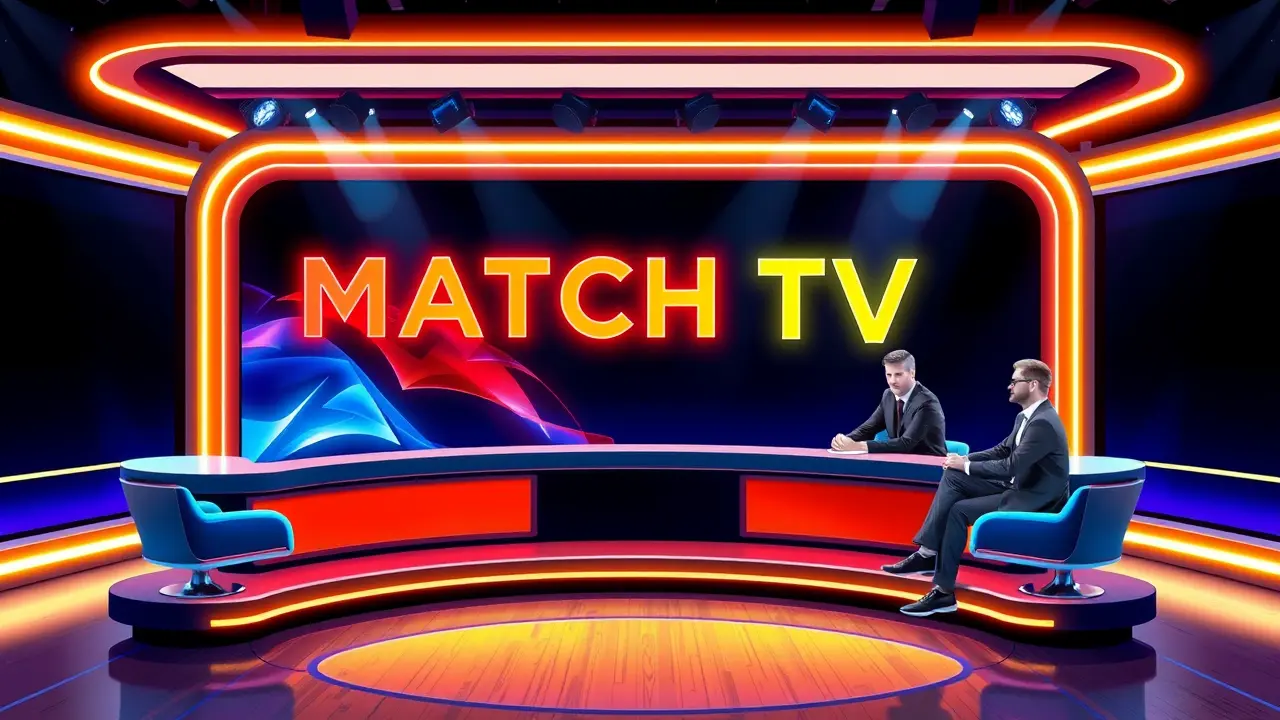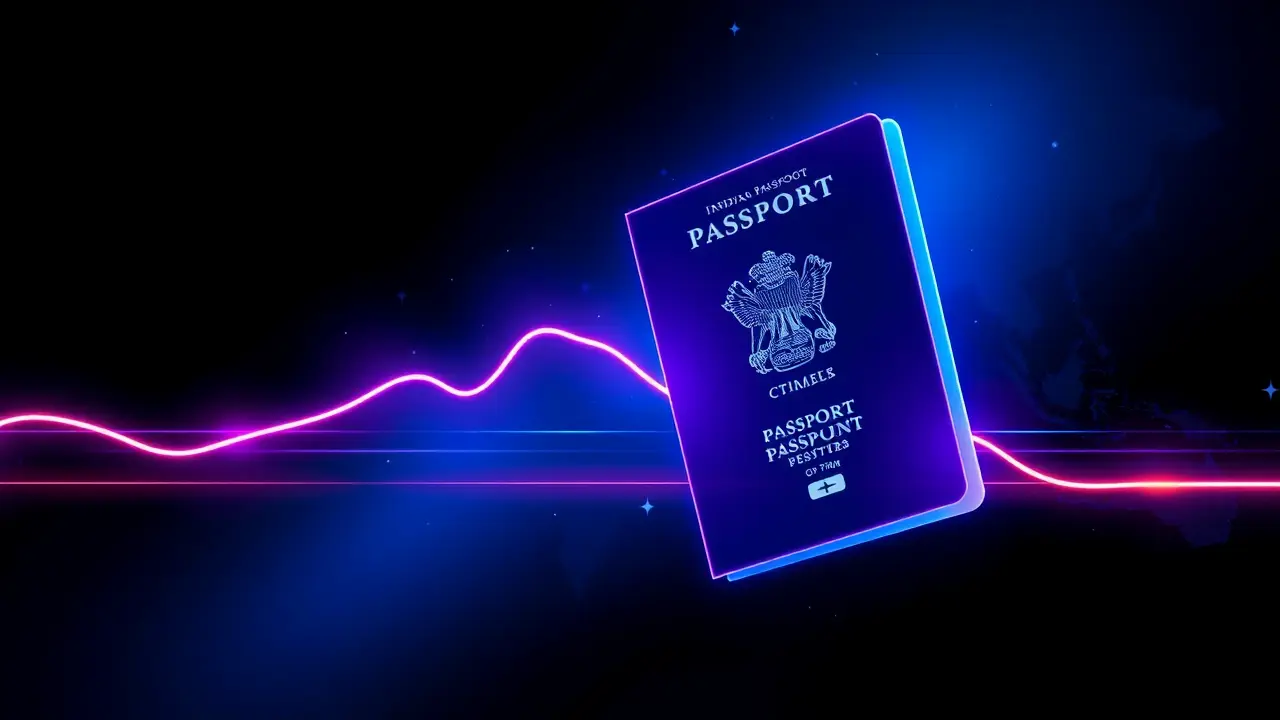
SporthockeyKHL
Shanghai coach Gallant protests referees after Metallurg's fourth goal.
JA
Jack Turner
17 hours ago7 min read
The familiar, fiery spectacle of a coach's righteous indignation erupted on the KHL sidelines as Shanghai Dragons' head coach Gerard Gallant, a man whose competitive fire is as well-documented as his coaching resume, launched a vehement protest against the officiating crew during the first period of their Fonbet KHL Championship match against Metallurg Magnitogorsk. With his team already staring down a daunting 1:4 deficit at the first intermission, the Canadian specialist descended to the boards, his voice rising in a torrent of frustration directed at the open gate and the seemingly impervious arbiters, Evgeny Gamaley and Vyacheslav Shuvalsov.The catalyst for this outburst, a moment that could be dissected with the same intensity as a game-winning goal, appeared to be a non-call on a Metallurg player for what Gallant and his staff perceived as a clear delay of game involving Nikita Popugayev. In the high-stakes chess match of professional hockey, this was a pivotal pawn left unclaimed, and the consequence was immediate and brutal; the Ural squad, seizing the unpunished opportunity, transitioned into a lethal counter-attack that culminated in their devastating fourth goal, a sequence that felt like a statistical anomaly given Shanghai's eight minutes of penalty time in the period alone.This incident is more than just a single, heated moment; it's a microcosm of the broader challenges facing a franchise like the Dragons, a team navigating the complex cultural and competitive landscape of the KHL. For a coach of Gallant's caliber, whose career has been defined by extracting maximum effort and discipline from his squads, the perceived inconsistency in officiating becomes a critical variable, a factor as influential as any power-play strategy or defensive zone coverage.One can draw a parallel to the legendary confrontations of coaches like Scotty Bowman or Mike Keenan, men who understood that battling the men in stripes was sometimes as crucial as coaching the men on the bench. The psychological impact on the Shanghai players, who were already being outmuscled and outmaneuvered, cannot be understated; watching their leader fight their corner, even in a losing cause, can either galvanize a team for the remaining periods or further cement a sense of injustice that undermines morale.Analytically, this game—and Gallant's protest—highlights the intense pressure on international teams within the league to not only compete but to also earn the respect of the established officiating corps, a dynamic that often goes unnoticed by casual observers but is a constant topic in locker rooms and front offices. The long-term ramifications for the Dragons could involve formal complaints to the league office, a subtle shift in how their future games are officiated, or simply the hardening of a collective resolve that such a public display of dissent can sometimes forge. In the grand narrative of a season, this first-period outburst may be relegated to a footnote, but for those who understand the game's intricate ecosystem, it was a telling chapter in the ongoing story of a team and a coach fighting for every inch of credibility on ice.
#featured
#Gerard Gallant
#Shanghai Dragons
#Metallurg Magnitogorsk
#KHL
#referees
#penalty
#coach protest
Stay Informed. Act Smarter.
Get weekly highlights, major headlines, and expert insights — then put your knowledge to work in our live prediction markets.
Related News
© 2025 Outpoll Service LTD. All rights reserved.













